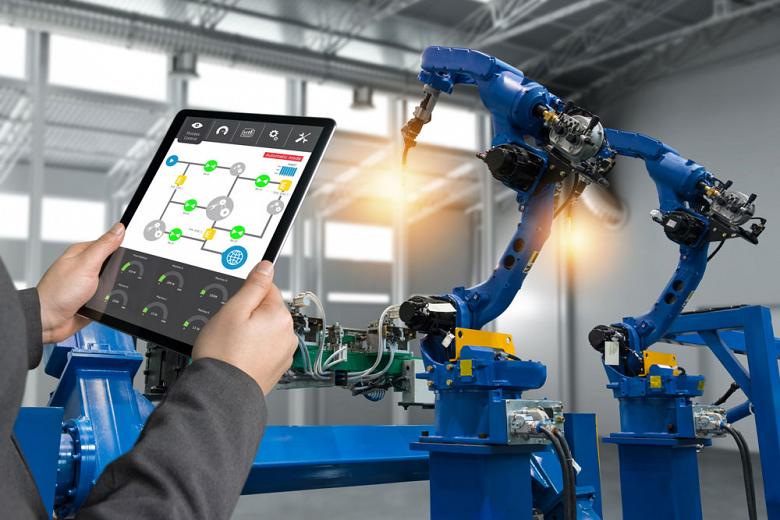Artificial Intelligence and Decision Making in Automation Systems
18 May, 2020 | Industrial, Industrial Manufacturing, Industrial Engineering, Artificial Intelligence, Decision Making, Automation Systems

How Artificial Intelligence Shapes Decision-Making in Automation Systems
The world of manufacturing is a lot smarter than it was ten years ago. Thanks to the emergence of automation, factories are running with less manual labor and more robotic applications. Currently, this approach still relies heavily on humans to control how automated solutions operate and make decisions.
However, a new wave of innovative tech is poised to change everything once again. Artificial intelligence (AI) has huge implications for the automated manufacturing space—particularly where it relates to decision making.

AI Implementation in Automated Systems
Manufacturing is all about doing things better and faster than competitors. Companies who can quickly produce a part or product will inevitably come out on top. Today, speeding up the manufacturing process means relying heavily on automated systems to do a majority of the work. While humans supervise these systems, they often operate on their own.
The addition of AI takes automated systems a step further. Also known as machine learning, AI models are able to make decisions based on extremely precise data and analytics. Something a human engineer might miss—like a minor bottleneck in an assembly line—is an easy catch for a properly-trained algorithm.
When such a model is combined with an automated manufacturing process it is able to then carry out actions based on its decision. These actions can include things like alerting a human engineer or making recommendations to alter the production process. Some sophisticated systems can alter the process themselves to enhance efficiency.
Thanks to advances in AI technology, the automated manufacturing field is more connected than ever. This relates not only to the global supply chain but also to the various steps of a single business’ process.
Artificial intelligence allows companies to connect their architecture in ways that were never possible before. This facilitates seamless communication between steps in an automated production line, with human operators, and ensures that processes are running smoothly around the clock.

An Industry Shift
Many of the world’s leading manufacturers are starting to focus heavily on ways to integrate AI into their workflows. This reflects a wider shift in the industry as companies start to see the benefits of using the technology.
Artificial intelligence has implications for almost every industry—not just manufacturing. However, due to the increasingly automated nature of manufacturing, the two are a natural fit.
Companies like IBM and GM are pioneering innovative ways to add AI to their production architecture. The former’s Watson helps improve predictions, reduce costs, and accelerate insights based on the latest industry data. Meanwhile, GM’s Brilliant Factory is a suite of assets that help manufacturing facilities upgrade to a more modern approach. GM notes that its system helps manufacturers reduce costs, improve quality, and expedite production.
In the coming years, there will be countless more AI solutions geared specifically towards the automated manufacturing world.
Future Outlook for the Automated Manufacturing Industry
As mentioned, manufacturing is all about efficiency and quality. Since AI helps businesses improve in both of those areas, it is a critical technology moving forward. Manufacturers who are slow to integrate AI into their workflows will find that they are left behind.
A large part of the reason for this revolves around problem-solving. No manufacturing process—whether automated or not—is immune to problems. Despite the best efforts of everyone involved, some sort of snag is bound to show up. In many cases, solving these problems causes costly delays that impact the process and can reduce a company’s profit.
Artificial intelligence helps avoid this complication with rapid, automated problem-solving. When AI is integrated into a connected manufacturing process, it is able to quickly identify issues as they arise and make decisions to address them. Using machine learning principles, an AI model can solve the problem in the most efficient, effective manner. In almost all cases, this results in shorter disruptions and a better overall result.
It’s worth noting that problem solving and decision making are just a few of the ways that AI helps automated manufacturing lines work better. Companies who choose to utilize AI in the coming years will benefit greatly from it in these areas and more. In time, it will become essential if a manufacturer wants to keep up with the rest of the industry.










